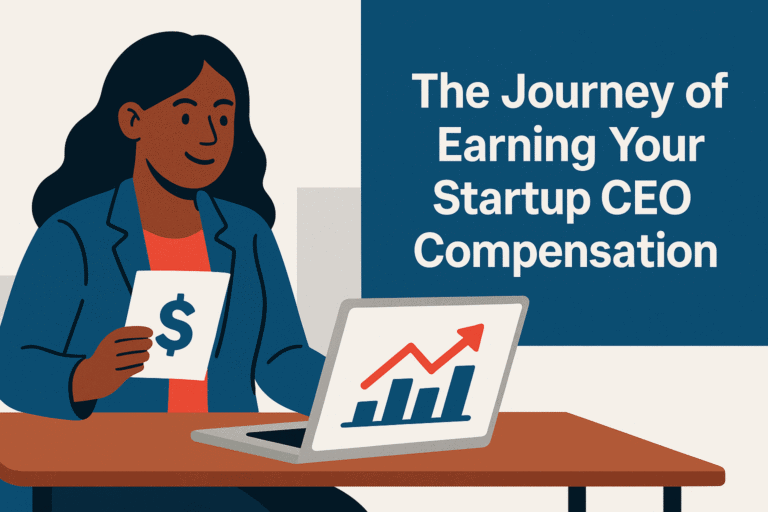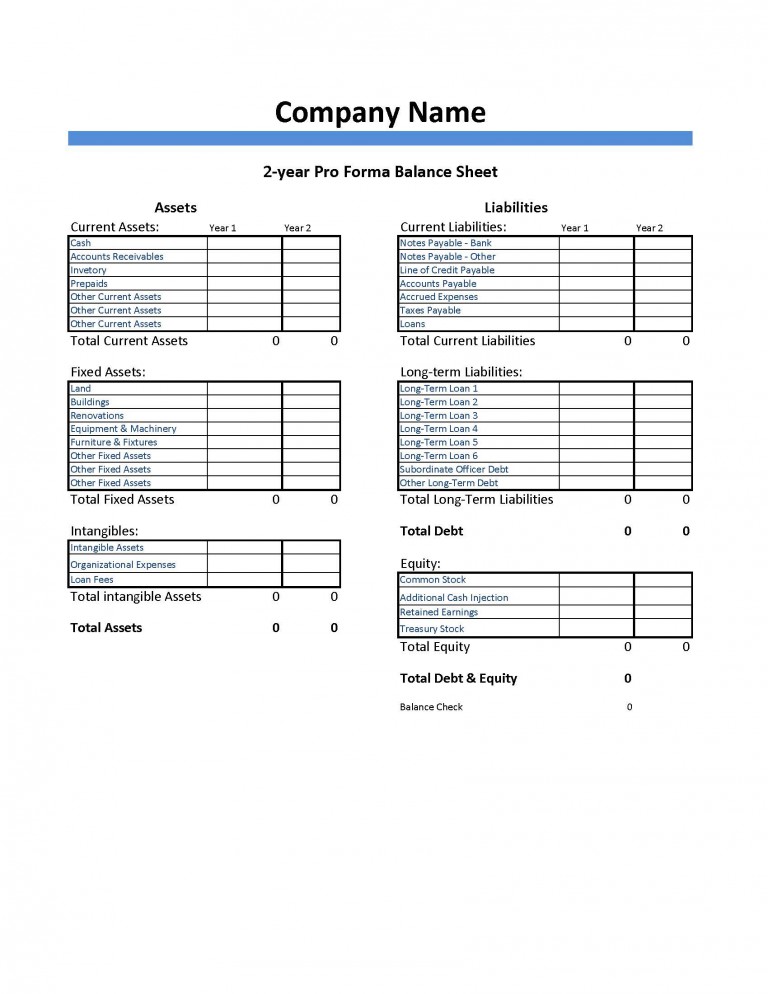Financial Freedom Friday
If you’re a small bausiness owner searching for funding, you’ve probably already realized one thing: writing a small business grant proposal is no small task. The rules are strict. The competition is fierce. And the stakes are high.
But here’s the good news—you don’t need to be a professional grant writer to submit a compelling proposal. You just need a strategy.
In this guide, I’ll walk you through how to write a small business grant proposal step-by-step. You’ll learn how to:
Understand what grant reviewers are actually looking for
Structure your proposal for clarity and persuasion
Avoid common mistakes that get applications rejected
These are the same principles I’ve shared with small business owners during my time as a business advisor, including how to work around common roadblocks—like unclear criteria or confusing funding terms.
Let’s get into it.
Understand the Grant Requirements and Guidelines

Most small business grant proposals get rejected because applicants didn’t follow the directions. Maybe they missed an eligibility detail. Maybe they skipped a required question. Maybe they submitted after the deadline.
These are avoidable mistakes—and understanding the grant requirements is the first way to stand out.
One of the first lessons I taught my kids—and later, the students in my elementary school classroom—was this: the people who follow directions are the ones who succeed. I didn’t invent that idea. I heard it in high school, and it stuck with me. It’s true in school, in job interviews, and in business.
Just something as simple as following directions on an application can mean the difference between being hired or passed over. Grant applications are no different.
What to Look For
Here’s what you need to clarify before you start writing:
| Requirement | What It Means | Why It Matters |
|---|---|---|
| Eligibility Criteria | Industry, business type, location, demographics, or income levels | If you don’t qualify, you’re wasting your time |
| Application Deadline | Exact date and time (including time zone) | Late applications are automatically disqualified |
| Funding Amounts | How much is offered and what it covers | Some grants require matching funds or limit what the money can be used for |
| Proposal Format | Page count, font size, document format, or required attachments | You must follow formatting instructions exactly |
| Evaluation Criteria | How proposals are scored | Helps you tailor your pitch and focus on what matters most |
💡 Tip: If you’re unsure about any of the requirements, reach out to the grant provider. In my experience, they often want to help qualified applicants succeed—and are more generous with guidance than people realize.
Real-World Example: What I Learned at the SBDC
When I worked at the Small Business Development Center (SBDC) in North Dakota, capital infusion was a big part of my job. I was evaluated based on how much funding my clients secured—from loans, grants, or even their own equity investments.
But the big wins often came through grants.
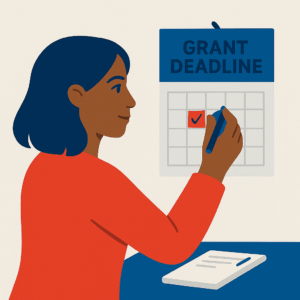
Why? Because I didn’t want to waste anyone’s time—not mine, not my clients’, and definitely not the grantors’. I’d walk through the details with them to make sure my client met every single requirement. In many cases, this step acted like a “pre-approval” before we ever hit submit.
💡 Due diligence is a competitive advantage.
Grantors appreciated the fact that I did the legwork. They knew I wasn’t sending in frivolous or unqualified applications—and my clients had a much higher chance of getting approved.
Develop a Clear and Concise Business Plan
A lot of people jump straight into writing the grant narrative—but your business plan is the foundation of a persuasive proposal. It’s where you prove that your idea isn’t just a passion project—it’s viable, strategic, and sustainable.
Whether the grant application asks for a full business plan or just key sections, having your plan clearly mapped out will save you time and strengthen your case.
What to Include in a Grant-Ready Business Plan
| Section | Why It Matters |
|---|---|
| Business Overview | Briefly describe your business, mission, and what you do. Grantors need to understand your purpose at a glance. |
| Target Market | Show you know exactly who you serve and how. This proves you’ve done your research. |
| Problem & Solution | Frame the problem your business solves—and explain why your product/service is the right solution. |
| Competitive Advantage (USP) | Highlight what sets you apart. If you don’t know this yet, pause and figure it out—it will shape the entire proposal. |
| Marketing & Sales Strategy | Explain how you’ll reach customers and generate revenue. Even if your plan is lean, be specific. |
| Operations Plan | Give a clear picture of how your business runs day to day. This builds trust in your execution ability. |
| Financial Projections | Use basic forecasts to show growth potential and how grant funds will be used responsibly. |
Don’t overcomplicate it. You don’t need a 30-page document with charts and jargon. But you do need clarity and confidence. If you were sitting across from a funder right now, could you explain your business plan without stumbling?
That’s your litmus test.
Tips for Writing a Grant-Friendly Plan
Use plain language. Skip the buzzwords and speak clearly. Funders aren’t impressed by jargon—they’re looking for substance.
Format for readability. Use headings, bullet points, and white space to make it easy to skim.
Tie everything back to impact. Grantors care about how their money will create positive change—don’t forget to connect the dots.
Optional but Powerful: Attach the Full Plan
Even if the grant doesn’t require you to submit the full business plan, have it ready as an attachment. It shows you’re organized, strategic, and serious.
A strong business plan won’t guarantee funding—but a weak or vague plan will almost certainly prevent it.
Financial Need & Sustainability: What Grantors Really Want to See
When I worked as a business advisor at the SBDC, I quickly learned that the financial section was the most heavily scrutinized part of any grant proposal. Yes, your business model matters—but at the end of the day, funders want to know two things:
Where is their money going?
Will your business survive without ongoing support?
Why This Matters
Grant providers aren’t just handing out free money. They’re investing in outcomes. They want to fund businesses that can use the money responsibly—and continue to grow after the grant ends.
That’s why it’s not enough to be passionate or dedicated. You have to demonstrate financial need and show that your business has a sustainable future.
What to Include in Your Financial Plan
Here’s what a strong financial section should contain:
Start-up or operational budget:
List exactly what you’re requesting funds for—equipment, marketing, training, etc. Be specific. Vague numbers are red flags.Sales forecasts:
How much revenue do you expect to earn monthly or quarterly? From which sources—products, services, digital downloads, etc.?Break-even analysis:
Show when your business is expected to cover its own costs. This helps funders see you’re planning for longevity.Cash flow projections:
Demonstrate how you’ll manage money coming in and out over time, especially in the critical first 12–18 months.
💡 Pro Tip: Even if you’re early-stage, basic but realistic numbers are better than skipping this section altogether.
Show You’re Proactive About Sustainability
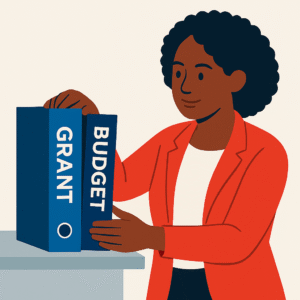
Have you already secured partial funding or generated early sales?
Are you working with partners, sponsors, or investors?
Do you have diversified revenue streams to reduce risk?
These efforts show you’re not fully reliant on the grant—and that’s a good thing. Funders want to support businesses that can stand on their own.
Bottom line: A solid financial section builds trust. It shows you’re not guessing. You’ve done your homework, and you’re ready to put their funding to good use. And that’s exactly what a smart grant reviewer wants to see.
Highlight Your Unique Selling Proposition (USP)
If there’s one thing most small business grant proposals overlook, it’s this: What makes your business truly different—and why that difference matters.
A unique selling proposition (USP) isn’t just a tagline or catchy phrase. It’s the core of your business identity. It explains why your business exists, who it’s for, and how it’s solving a problem in a way others aren’t.
Why This Matters in a Grant Proposal
When I worked as a business advisor at the Small Business Development Center (SBDC), I saw firsthand how generic proposals got passed over—even when the applicant had a great idea. The ones that won? They had clarity, focus, and a well-defined USP.
Funders are looking for more than just a viable business. They want to see:
A clear mission aligned with community needs,
A business that’s solving a real problem with a specific edge,
A founder with a strong, values-driven why.
My Own USP
When I revived Backbone America, it wasn’t because I wanted to be a business coach or start another side hustle. I wanted to give people—especially mid-career professionals—the tools and systems to transition out of jobs that were draining the life out of them. Jobs that paid the bills but stole their energy, freedom, and peace of mind.
My USP isn’t just helping people start a business. It’s helping them design one that:
Creates financial independence without relying on luck,
Builds time freedom from day one—not 60-hour weeks,
Uses systems and automation to scale without burnout,
Honors the lived experience of someone who’s been stuck, laid off, or just plain tired of the 9-to-5 treadmill.
If that sounds personal—it is. I’ve lived it. And that’s why Backbone America exists.
How to Express Your USP in a Grant Proposal
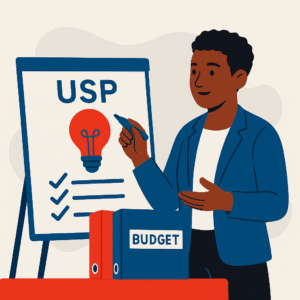
What’s the bigger problem you’re solving?
What’s your specific approach that sets you apart?
How does that align with the grant’s goals or mission?
Avoid vague claims like “great customer service” or “I’m passionate.” Instead, give them something memorable, measurable, and mission-driven.
For example:
“This business helps mid-career professionals exit traditional employment by building lean, scalable systems that generate digital income and personal freedom—without burnout, and without needing to quit their job before they’re ready.”
Then show how your business model and strategy back that up.
Provide Strong Supporting Documents and Testimonials
A great proposal doesn’t stand alone—it’s supported by clear documentation that shows your business is real, credible, and ready to deliver.
When I worked at the SBDC, I encouraged every client to back up their claims with evidence. Why? Because funders don’t just believe what you say—they believe what you show. Supporting documents are how you earn that trust.
Here are the types of materials that can strengthen your application:
Business & Financial Plan
This is the foundation. Even if you’ve included a summary in the proposal, attach the full version as a supporting document.
Resumes of Key Team Members
Funders want to see that you—and anyone else involved—have the experience to follow through on the plan.
Letters of Support or Recommendation
This could include:
Client testimonials
Partner endorsements
Community leader letters
Make sure they speak to your business’s mission, potential impact, or track record—not just character.
Proof of Licenses or Certifications
If your industry requires special training, permits, or certifications, include them. It shows you’re ready to hit the ground running.
Press Mentions or Awards
Have you received media coverage, recognition, or accolades? These can demonstrate community support and visibility.
💡 Real-World Tip:
At the SBDC, I often told clients: “Let your documents speak for you when you’re not in the room.” A grant reviewer might skim your proposal—but they’ll read a compelling letter from a respected community partner.
Final Thoughts on Writing a Small Business Grant Proposal
Winning a small business grant isn’t just about having the “best idea”—it’s about presenting a clear, compelling case for why your business is a smart investment.
- Follow the directions
- Showcase your unique value
- Back it up with a strong plan and supporting evidence
These aren’t just best practices—they’re the difference between being overlooked and getting funded.
You don’t need years of operation or a polished storefront to win a grant. Even brand-new businesses can stand out by demonstrating readiness, clarity, and purpose. Funders want to invest in impact—not perfection.
💡 Remember: A strong proposal doesn’t require you to be fully established. It requires you to be intentional, informed, and aligned with the mission of the grant.
Whether you’re building from scratch or expanding something that’s already working, the process of writing a great grant proposal can clarify your business goals and set you up for long-term success—even beyond the grant.
Originally published April 4, 2023.


